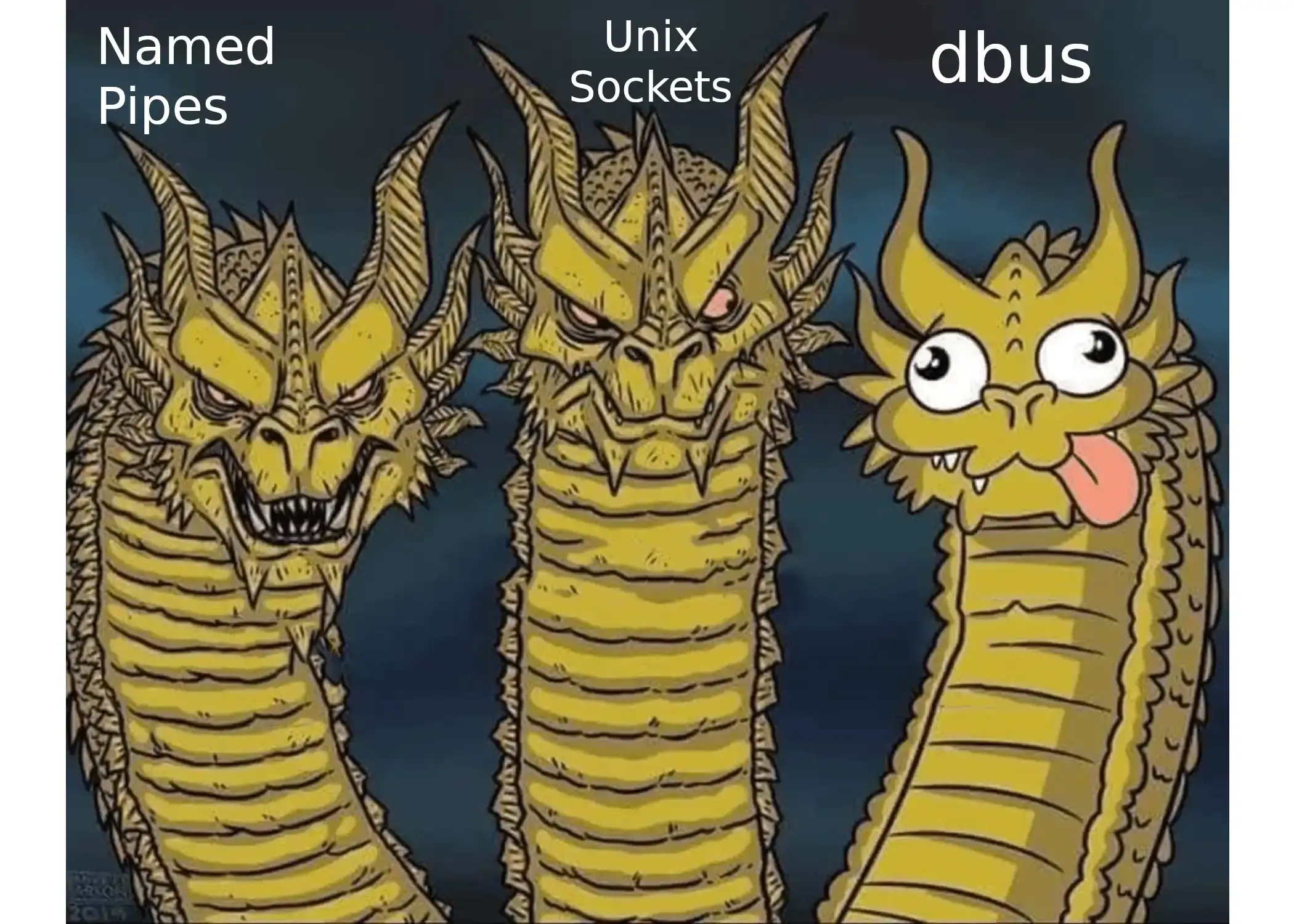this post was submitted on 28 Dec 2023
202 points (81.8% liked)
Linux
58944 readers
935 users here now
From Wikipedia, the free encyclopedia
Linux is a family of open source Unix-like operating systems based on the Linux kernel, an operating system kernel first released on September 17, 1991 by Linus Torvalds. Linux is typically packaged in a Linux distribution (or distro for short).
Distributions include the Linux kernel and supporting system software and libraries, many of which are provided by the GNU Project. Many Linux distributions use the word "Linux" in their name, but the Free Software Foundation uses the name GNU/Linux to emphasize the importance of GNU software, causing some controversy.
Rules
- Posts must be relevant to operating systems running the Linux kernel. GNU/Linux or otherwise.
- No misinformation
- No NSFW content
- No hate speech, bigotry, etc
Related Communities
Community icon by Alpár-Etele Méder, licensed under CC BY 3.0
founded 6 years ago
MODERATORS
you are viewing a single comment's thread
view the rest of the comments
view the rest of the comments

With pipes/sockets, each program has to coordinate the establishment of the connection with the other program. This is especially problematic if you want to have modular daemons, e.g. to support drop-in replacements with alternative implementations, or if you have multiple programs that you need to communicate with (each with a potentially different protocol).
To solve this problem, you want to standardize the connection establishment and message delivery, which is what dbus does.
With dbus, you just write your message to the bus. Dbus will handle delivering the message to the right program. It can even start the receiving daemon if it is not yet running.
It's a bit similar to the role of an intermediate representation in compilers.
A message bus won't magically remove the need for developers to sit down together and agree on how some API would work. And not having a message bus also doesn't magically prevent you from allowing for alternative implementations. Pipewire is an alternative implementation of pulseaudio, and neither of those rely on dbus (pulse can optionally use dbus, but not for its core features). When using dbus, developers have to agree on which path the service owns and which methods it exposes. When using unix sockets, they have to agree where the socket lives and what data format it uses. It's all the same.
We have a tool for that, it's called an init system. Init systems offer a large degree of control over daemons (centralized logging? making sure things are started in the correct order? letting the user disable and enable different daemons?). Dbus' autostart mechanism is a poor substitute. Want to run daemons per-user instead of as root? Many init systems let you do that too (I know systemd and runit do).
"Bro just use sockets lol" completely misses the point. When you decide you want message based IPC, you need to then design and implement:
And before you know it you've reimplemented dbus, but your solution is undocumented, full of bugs, has no library, no introspection, no debugging tools, can only be used from one language, and in general is most likely pure and complete garbage.
Well said. There are so many details to making code work that can so often be avoided by using the right tooling. OP said it was harder to get started, which implies they did not handle the details and have code not actually robust to all kinds of edge cases. Maybe they don't need it but they probably do.